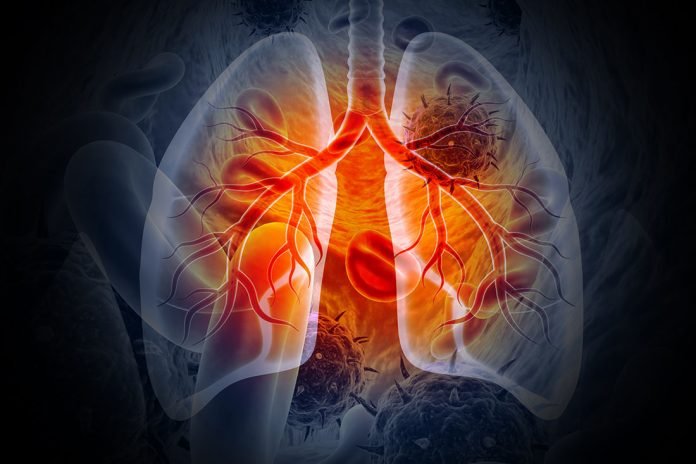
Study reveals shocking link between diet and lung cancer risk
Academics have discovered a connection between high consumption of ultra-processed foods (UPFs) and lung cancer.
An international team of researchers tracked the health and dietary habits of over 100,000 American adults, with an average age of 63, CE Report quotes ATA.
After an average follow-up period of 12 years, they identified 1,706 cases of lung cancer.
Food questionnaires revealed a high intake of UPFs, including ice cream, fried foods, bread, sweets, cookies, salty snacks, breakfast cereals, ready-made soups, margarine, chocolate, soft drinks, sweetened fruit juices, hamburgers, hot dogs, and pizzas.
The research team, led by academics in China, found that the average daily consumption of UPFs was nearly three servings per day, ranging from 0.5 to six servings.
The most commonly consumed items were processed meats (like salami and mortadella) and soft drinks.
People who consumed the highest amounts of UPFs were 41% more likely to develop lung cancer compared to those who consumed the least, according to the study published in the journal *Thorax*.
An increased risk was observed for both non-small cell lung cancer and small cell lung cancer.
The authors noted that they adjusted the data based on whether participants smoked or not, but they did not account for the intensity of smoking — a factor that could significantly influence results.
They also emphasized that “a causal relationship cannot be established” from these findings, and that the data should be interpreted with caution.
However, they added that “limiting the global trend of UPF consumption may help reduce the burden of lung cancer.”
Commenting on the study, Professor Sam Hare, a lung radiologist at the Royal Free London NHS Trust, said:
“A quarter of lung cancer cases occur in people who don’t smoke, so it’s important to explore whether other factors may be linked to the disease.”
“We also know that the immune system is tied to cancer development, so it's a good idea to research factors like diet,” he added.
Still, further studies are needed to confirm whether UPFs directly cause lung cancer, as this study did not account for the amount of tobacco consumed — which is known to be directly linked to the development of the disease.
























